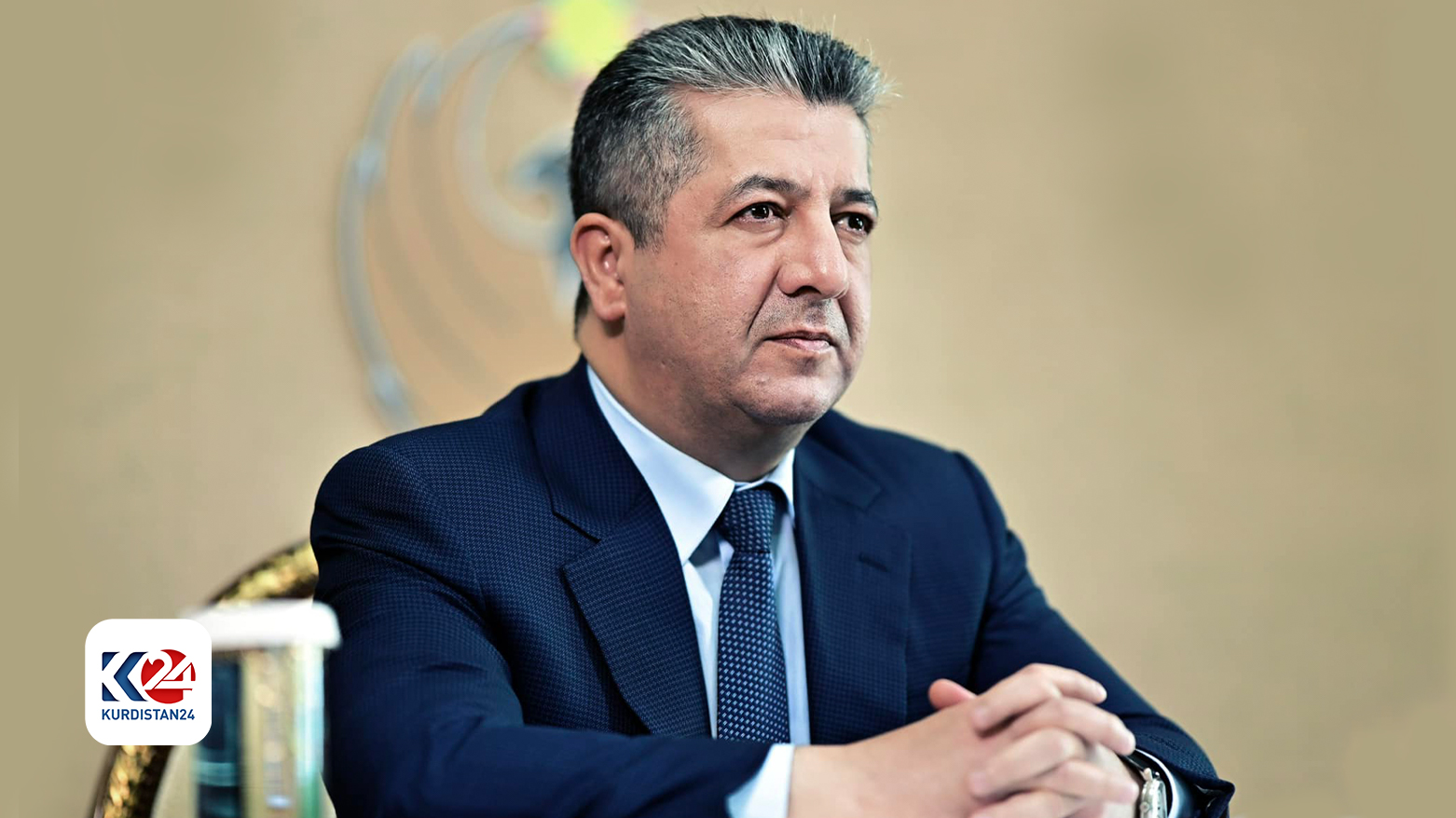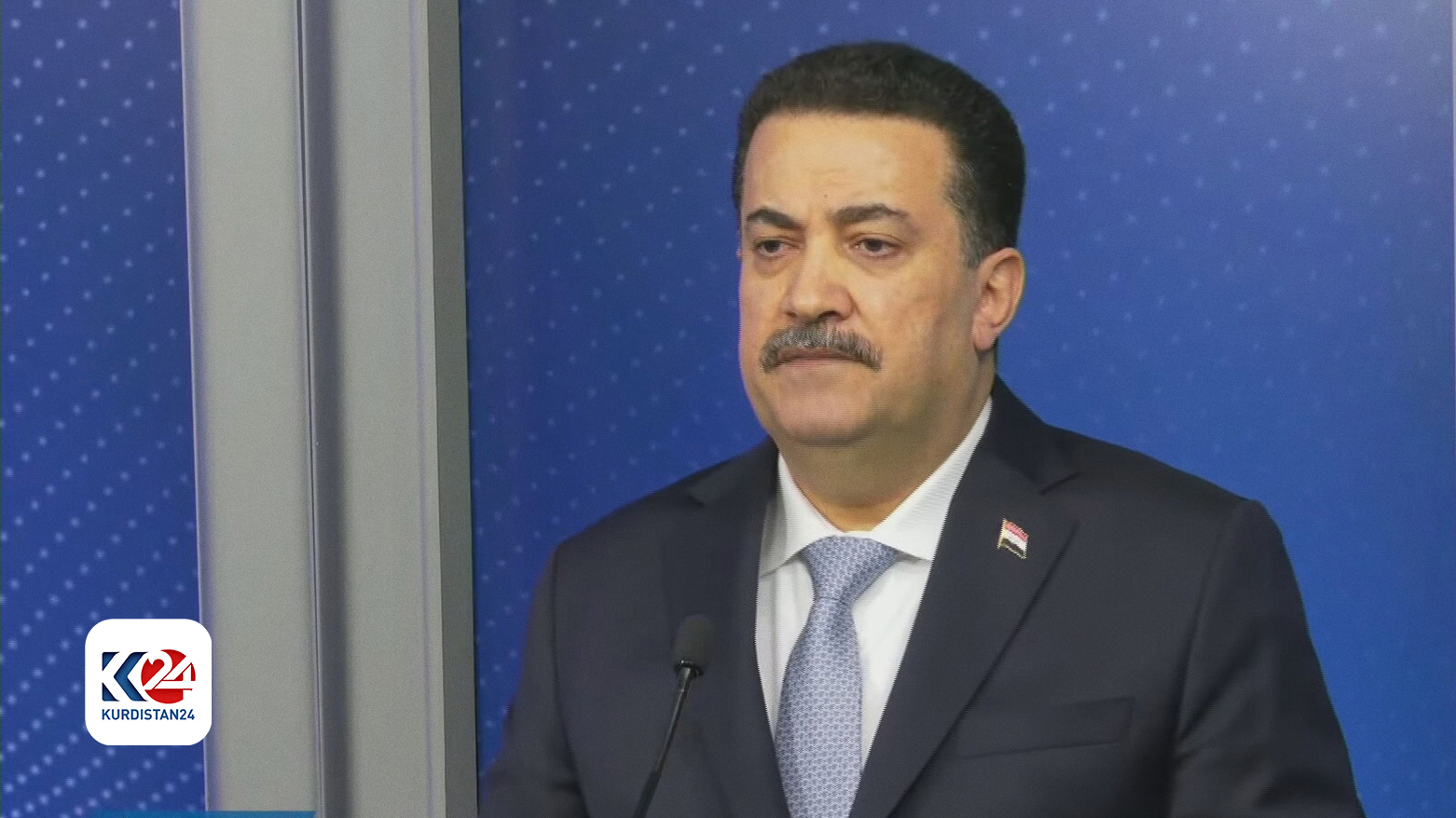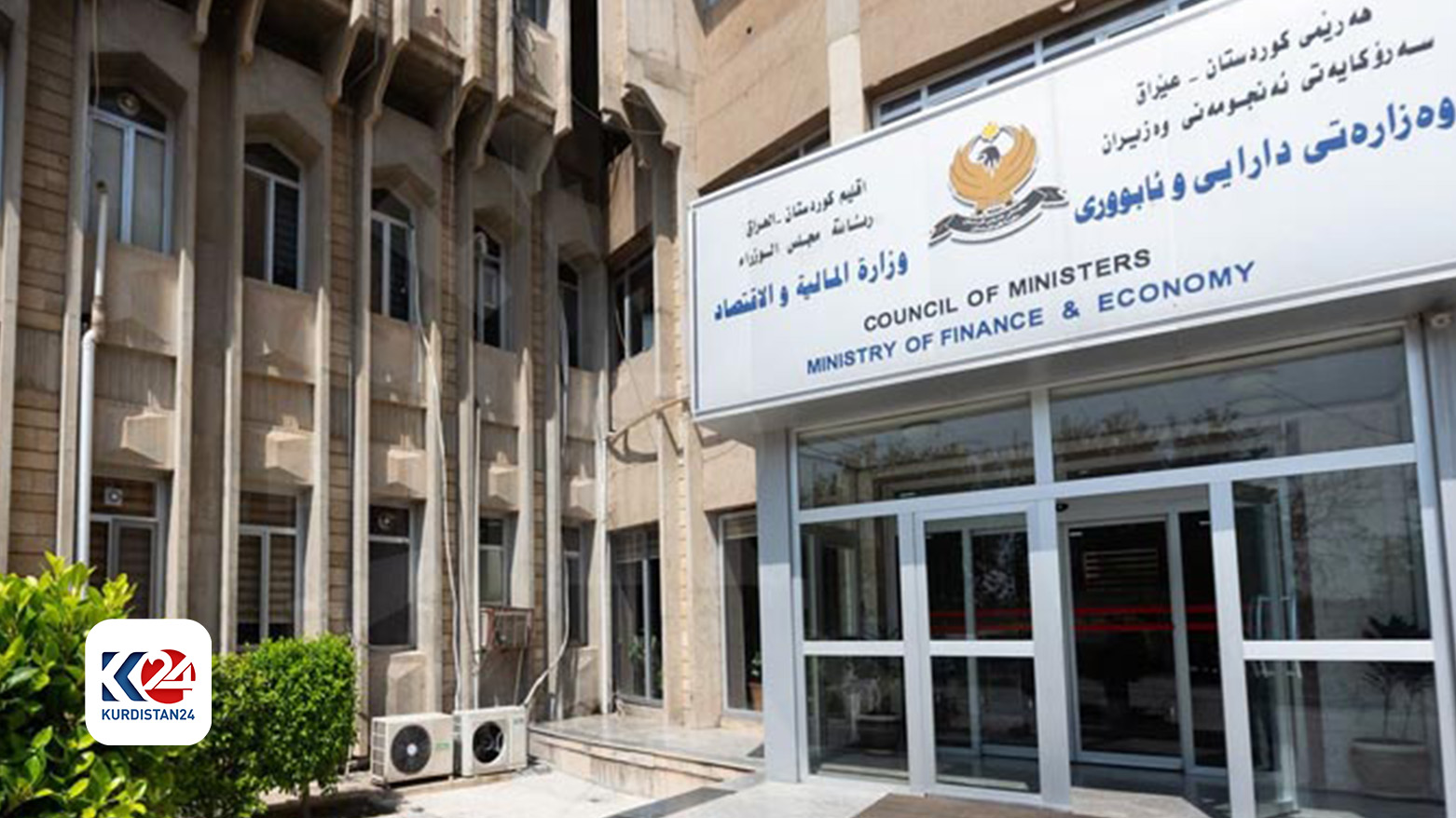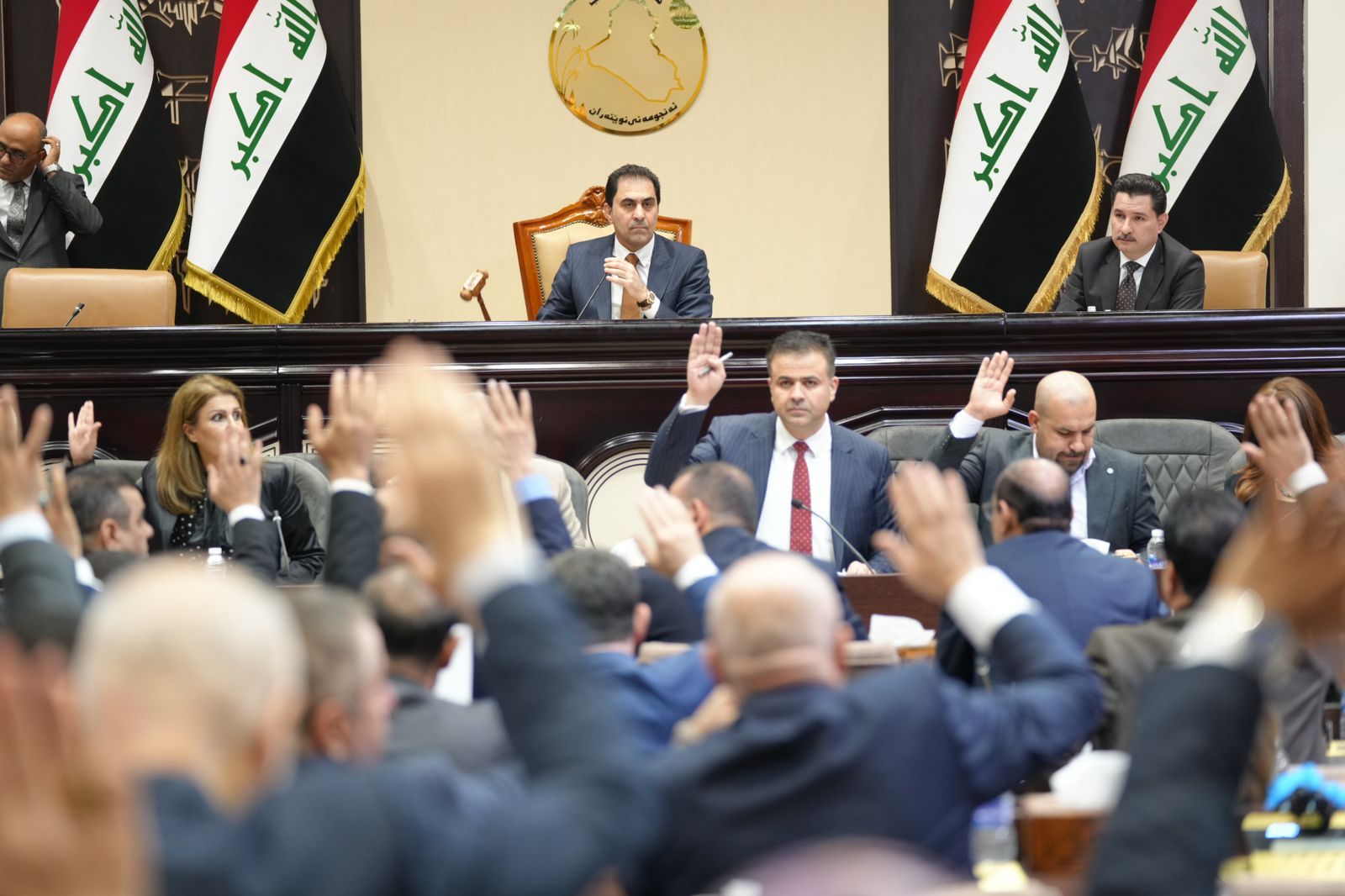Why have ministerial questions declined under Al-Sudani's Government?
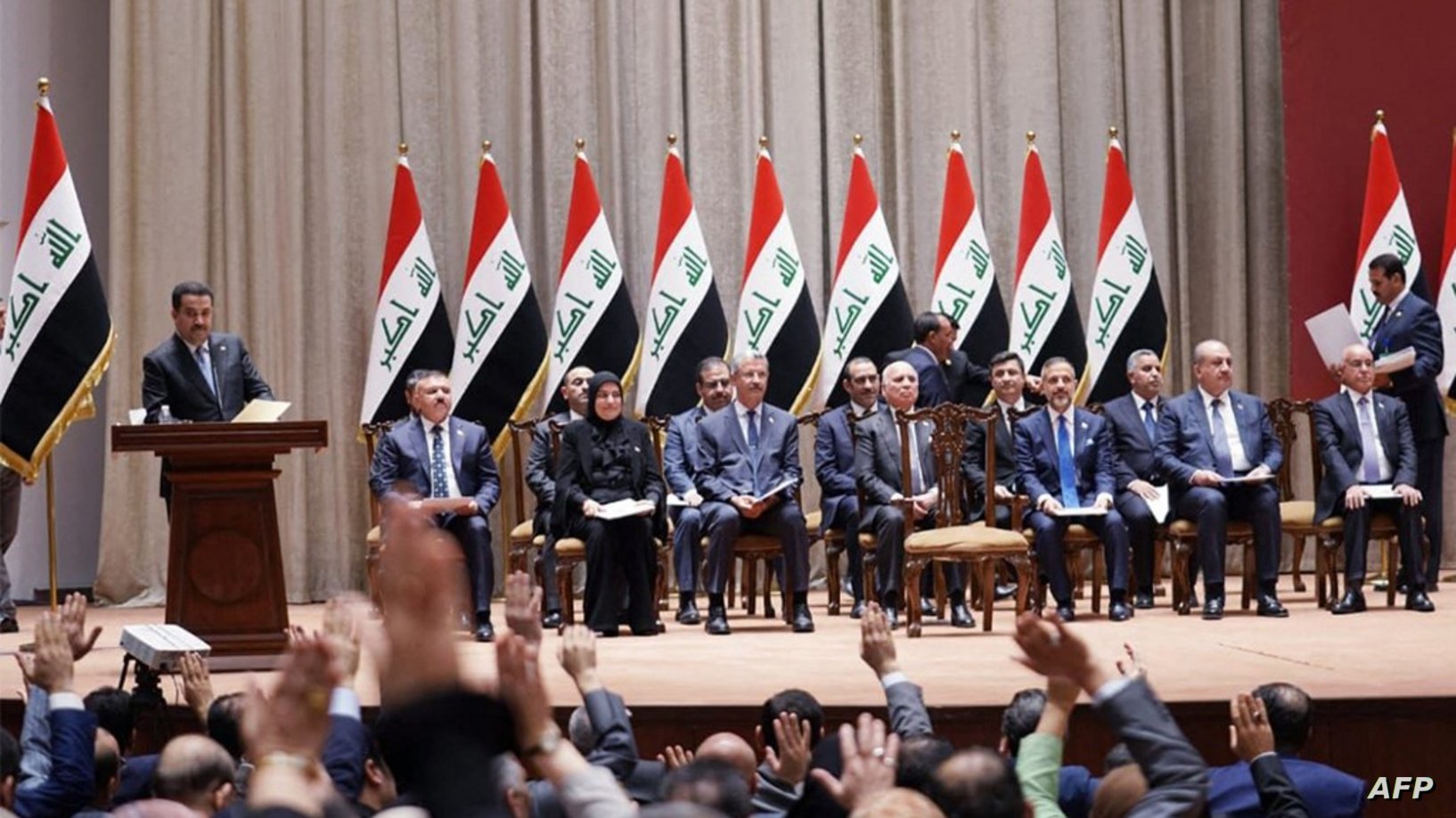
Shafaq News/ Iraqi lawmakers feel there aren't enough ministerial interrogations in Prime Minister Mohammad Shia Al-Sudani's government. Despite some ministries underperforming, they think there aren't clear reasons for question time being held for ministers.
Some observers see the evaluation of general directors under Article 78 of the Iraqi Constitution as a positive step, encouraging senior officials in ministries to avoid being questioned, as happened in former Prime Minister Mustafa Al-Kadhimi's government.
In previous sessions, the Iraqi Parliament saw chaotic questioning of ministers and government officials. Despite promises of interrogations for officials suspected of corruption, none have occurred yet.
State of Law Coalition deputy Mohan Al-Saadi revealed a movement within Parliament to question five ministers in Al-Sudani's government.
In a previous interview with Shafaq News Agency on August 28, 2023, Al-Saadi stated that parliamentary committees have been overseeing ministers' work since the government was formed.
Members have gathered information for ministerial interrogations, formally submitting them to Parliament for review, according to Al-Saadi,
He mentioned that several parliamentarians have requested to question 4-5 ministers.
Parliament is considering questioning multiple ministers, including those in Reconstruction, Housing, Electricity, Migration, and Commerce.
On April 18, 2023, Al-Sudani announced plans for a ministerial reshuffle after evaluating ministers for six months. He promised changes in other managerial positions but hasn't made any ministerial changes yet, prompting questions about the delay.
"The government is on the right track, though some ministries fall short of the interrogation standard. But if needed, questioning will happen, as seen with the head of the Iraqi Media Network," said Aref Al-Hamami, a State of Law Coalition deputy.
"Some ministries perform well, some okay, and some need improvement. That's why the Prime Minister often hints at a cabinet reshuffle," he told Shafaq News Agency.
"Interrogation might happen due to a minister's inability to manage their ministry or because of clear administrative corruption and legal violations," added Al-Hamami.
Al-Hamami, also a member of the Parliamentary Legal Committee, noted that the limited interrogations in Al-Sudani's government are because "Parliament supports the government."
"They want the government to succeed, even with some concerns about its performance," explained Al-Hamami.
MP Ali Jasim Al-Humaidawi of the National Wisdom Movement (Al-Hikma) agrees with Al-Hamami's view that there aren't significant reasons for interrogations, except for the case involving the media network head, who was dismissed after being questioned.
Al-Humaidawi told Shafaq News Agency that "the current government is the most successful since 2003, backed by over 280 deputies."
As head of the Parliamentary Services and Reconstruction Committee, he stressed the importance of maintaining the current political stability and government support, which the country hasn't seen in previous years.
Political analyst Jalil Al-Lami explained that parliamentary committees have monitored ministers' performance since the government was formed.
According to Article 61 of the Iraqi Constitution, MPs can request inquiries into ministers with the support of twenty-five members.
Al-Lami told Shafaq News Agency that although MPs have submitted information for ministerial inquiries as per parliamentary rules, most haven't happened yet. This delay is due to the government focusing on its agenda and starting interrogations with top ministry officials.
He highlighted that the executive and legislative branches evaluated 357 out of 438 executive directors under Article 78 of the Iraqi Constitution.
This evaluation led to the dismissal or reassignment of 80 officials. Al-Lami saw this action as positive, urging senior ministry officials to perform well to avoid scrutiny, as seen in previous governments.
Upon assuming office in October 2022, PM Al-Sudani prioritized combating corruption within government institutions, saying on many occasions that the corruption threat is no less than terrorism.
In addition, Al-Sudani has made numerous administrative changes in ministries and state institutions.
In December of the same year, he set a six-month evaluation period for the government's performance based on its established program.
This evaluation includes ministers, deputies, governors, advisors, and general directors, with specific timeframes for assessment.

